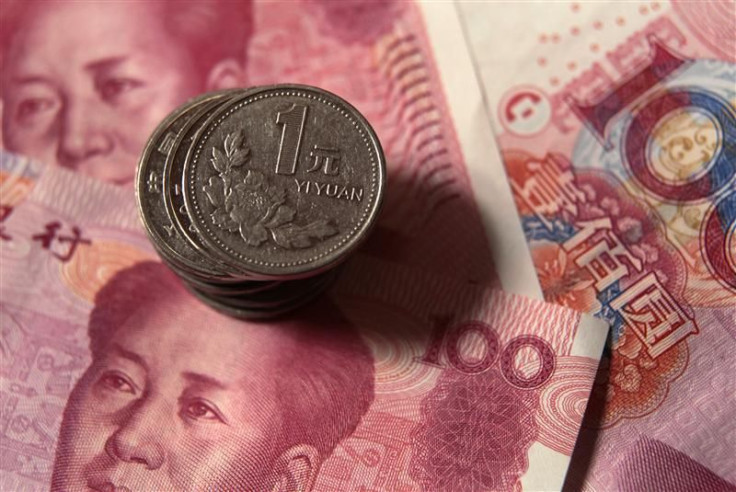China?s Manufacturing Activity Falls: HSBC PMI

China's manufacturing activity fell in May compared to April and continued to contract for the seventh straight month, according to the preliminary HSBC Flash Purchasing Managers Index (PMI) released Thursday.
The preliminary reading of the PMI, a measure of the nation-wide manufacturing activity, fell to 48.7 in May compared to 49.3 in April raising concerns about the weak global demand and diminishing real estate investment in the world's second largest economy.
Manufacturing activities softened again in May, reflecting the deteriorating export situation. This calls for more aggressive policy easing, as inflation continues to slow, Hongbin Qu, Chief Economist, China & Co-Head of Asian Economic Research at HSBC, said.
Since the reading is below 50, the index continues to remain in the area of contraction. The fall in the reading would increase fears of the likelihood of a sharp slowdown in economy.
There have been fears of a hard landing after data showed earlier last month that China's economy slowed down to 8.1 percent in the first quarter, down from 8.9 percent in the fourth quarter of 2011.
The continuing debt crisis in Europe and the tentative US recovery have hurt the demand for exports, the key driver of China's economy. Faced with slowing growth and persistent inflationary pressures, China is in a bind regarding policies for the real estate market. Income from land sales and property transaction-related fees has long been a source of revenue for the country's local governments.
Beijing has already said that its goal this year is to promote a steady and robust economic development, keep prices stable and guard against the financial risks by keeping money and credit supplies at appropriate levels while being cautious and flexible. Recent data suggest that the demand from the US is still holding up, but the euro zone debt crisis also indicates that demand from Europe is unlikely to provide much support over the months ahead.
Already the government has loosened credit conditions to protect the country from the global economic downturn. Earlier this month, China cut banks' cash reserves ratio by 50 basis points in a bid to spur lending to small businesses. This easing in the monetary policy is seen as a much needed thrust to boost liquidity in the financial system and help the economy regain its growth momentum.
© Copyright IBTimes 2024. All rights reserved.




















